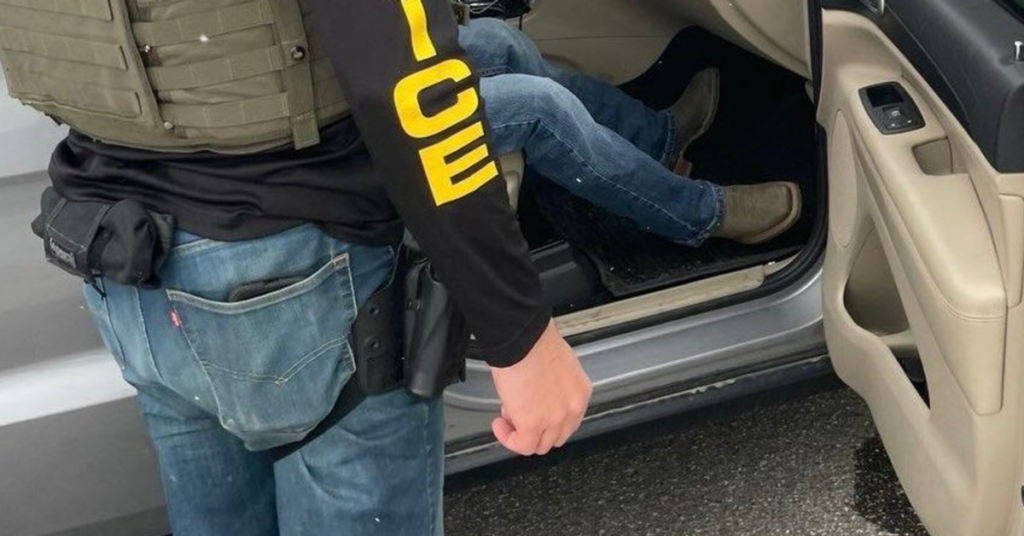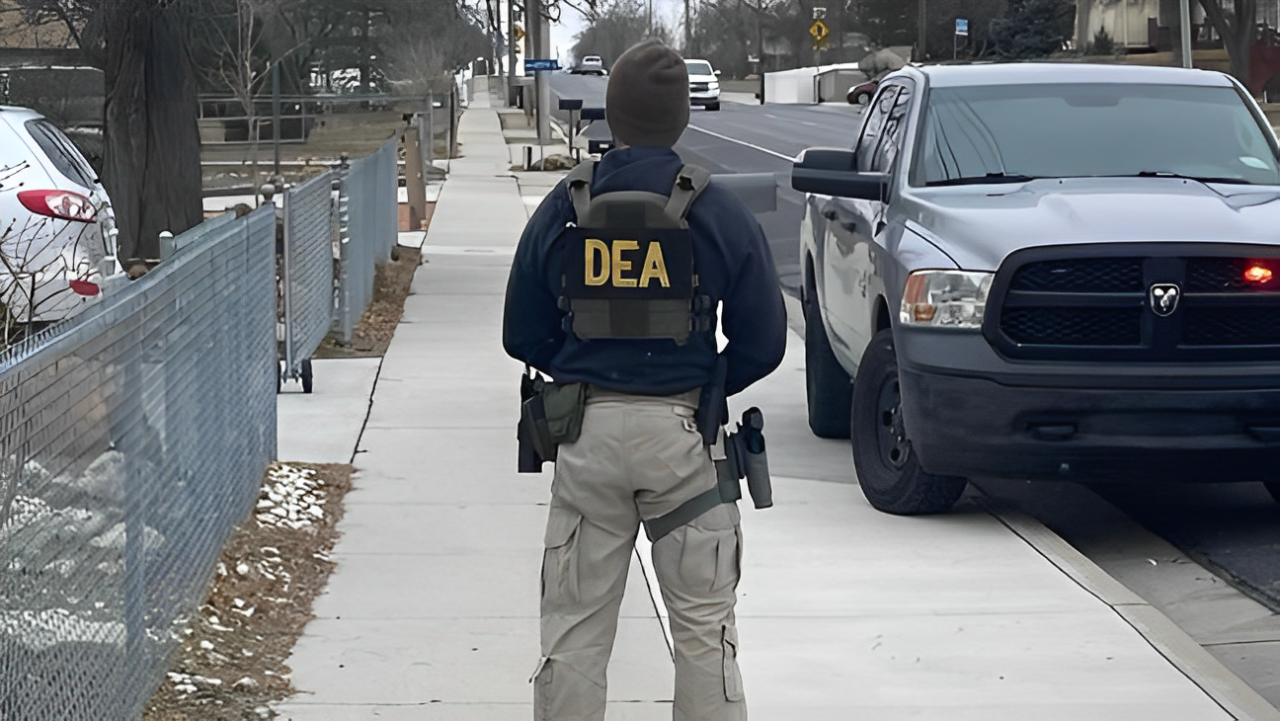Salt Lake City authorities have arrested 13 undocumented immigrants, including four members of the Tren de Aragua criminal organization, according to the Drug Enforcement Administration (DEA).
The arrests took place on Sunday, though officials did not immediately provide details on the locations or circumstances of the arrests. All 13 individuals are now in the custody of U.S. Immigration and Customs Enforcement (ICE) and are undergoing deportation processing.
The operation comes just days after DEA officials in the Rocky Mountain area released a list of their top 10 arrests under “Operation Return to Sender” in Colorado. Among those arrested in that operation, several were also linked to Tren de Aragua, a criminal network originating from Venezuela.
According to the Associated Press, the U.S. government has officially designated Tren de Aragua a foreign terrorist organization. This designation was part of a broader announcement by the Trump administration, which identified eight Latin American criminal organizations as terrorist groups.
Other groups included in the designation are the notorious MS-13 gang from El Salvador and six criminal organizations based in Mexico. The classification allows the U.S. government to take stronger actions against these groups, including freezing assets and imposing stricter penalties on members and affiliates.
Tren de Aragua has been expanding its presence across Latin America and the United States in recent years. The group is known for its involvement in organized crime, including drug trafficking, human smuggling, and violent offences. Law enforcement agencies have been actively working to disrupt their operations and prevent their influence from spreading further.
Authorities continue to investigate the recent arrests in Salt Lake City and whether additional suspects may be linked to the criminal network. No further details have been released at this time as officials process the cases.
The Impact of the Arrests on Local Communities
The recent arrests have sparked discussions about the influence of international criminal organizations in U.S. cities. With Tren de Aragua’s growing presence, local communities have expressed concerns about safety and crime rates. Authorities emphasize that law enforcement agencies are committed to curbing the activities of such groups to ensure public safety.
The operation in Salt Lake City is part of a broader nationwide effort to identify and detain undocumented individuals with criminal affiliations. Officials believe that targeting high-profile gang members will help reduce crime and dismantle their networks.
What This Means for U.S. Immigration Policies
The arrest of 13 undocumented individuals, including known gang members, has also ignited discussions about immigration enforcement. Some officials argue that stricter border security measures are necessary to prevent the entry of individuals linked to criminal organizations. Others believe that enhanced vetting processes and collaboration between federal and local law enforcement agencies are essential to addressing the issue effectively.

With the increasing involvement of criminal organizations in illegal activities across borders, the U.S. government has been focusing on improving immigration policies to detect and prevent the entry of individuals with criminal backgrounds. However, the debate over immigration remains a divisive topic in national politics.
A Closer Look at Tren de Aragua
Tren de Aragua is one of the most notorious criminal organizations to emerge from Venezuela. Initially formed within the country’s prison system, the group has expanded its operations to various countries, including the United States. Their activities range from drug and human trafficking to extortion and violent crimes.
Law enforcement agencies have linked Tren de Aragua to multiple high-profile crimes, making them a top target for counter-crime operations. The group’s tactics include operating within immigrant communities, exploiting vulnerable individuals, and using sophisticated networks to smuggle drugs and conduct illicit activities.
Federal and Local Efforts to Combat Criminal Organizations
Authorities at both the federal and local levels continue to collaborate on operations to curb the influence of transnational criminal organizations. The DEA, ICE, and other law enforcement agencies work together to track, identify, and arrest individuals involved in these groups.
The “Operation Return to Sender” initiative in Colorado, as well as the recent arrests in Salt Lake City, reflect ongoing efforts to disrupt criminal networks. Officials say that targeting key members is crucial in dismantling the operations of these organizations and preventing further crimes.
Community Reactions and Safety Concerns
Following the arrests, many residents in Salt Lake City and surrounding areas have expressed relief, while others remain concerned about the potential presence of more gang members in their communities. Law enforcement agencies have assured the public that they are committed to keeping communities safe by aggressively pursuing criminal elements.
Local leaders and advocacy groups are also discussing ways to support individuals who may be at risk of being recruited by criminal organizations. Some organizations are calling for increased community outreach programs, job opportunities, and social initiatives to prevent vulnerable individuals from becoming involved in gang-related activities.
The Future of Anti-Crime Operations
As the U.S. government continues to address transnational crime, more operations like those in Salt Lake City and Colorado are expected in the coming months. Officials have stated that they will continue to monitor, track, and disrupt criminal organizations operating within the country.
Law enforcement agencies are urging the public to report any suspicious activities and cooperate with authorities to help identify individuals involved in criminal activities. They emphasize that community involvement is crucial in ensuring the safety and security of neighbourhoods.
Disclaimer: This article has been meticulously fact-checked by our team to ensure accuracy and uphold transparency. We strive to deliver trustworthy and dependable content to our readers.








